
Tech for Transportation & Logistics
Logistics is an essential area for technology advancements in the emerging technologies sector. Modern tech will enhance the fields of the logistics industry, like supply chain management, warehouse operations and demand forecasting. Automation and streamlining the processes will help reduce costs and manual processes across logistics businesses.
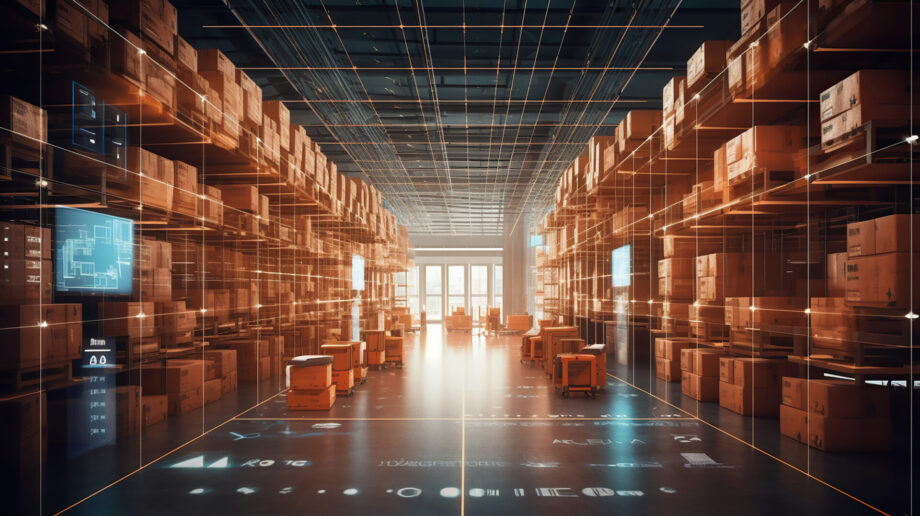
Four key areas of the logistics industry:
Storage, warehousing and materials handling:
It enables a steady stream of products supplied by the manufacturers. It aims to help find the balance between supply and unpredictable demand. Proper arrangement of space in the warehouse and material handling equipment allows for efficient management of incoming supplies.
Inventory:
It’s directly connected to storage and warehousing. It determines the distribution and location of the stock, as well as its quantity. It controls the flow of goods in and out. Employing statistics and data analysis allows businesses to estimate the demand. These estimates help manage the flow of goods through the supply chain.
Transport:
Transport is one of the most recognisable elements of the logistics sector. It includes all modes of it, like road vehicles, freight trains, cargo ships and planes. Transport is essential in moving goods from one stage to the next in the supply chain.
Information and control:
This element is needed to coordinate all other aspects to trigger operational procedures. The flow of information and stock control help organise and plan transport. Information and control are also vital in the forecasting of demand and inventory.
Emerging technologies for logistics companies.

Technology for warehouse and inventory management
Modern solutions can make operations much more efficient and streamlined. Solutions like robotic packaging improve the opening, filling, transporting and palletising of product packaging. These systems can also aid with sealing, labelling and preparing the packages for shipping. End-of-arm tools can pick up various items of different shapes and sizes.
Warehouse operations may require a lot of paperwork. Ensuring that every package going out of the warehouse includes necessary documentation can be a time-consuming task. Document insertion systems vastly increase efficiency and accuracy via automation and process streamlining. These systems scan each item on the belt, instantly generate the necessary paperwork based on the relevant information, and create labels with the required details.
3D bin packing technologies automate and optimise the packaging process. The automated components can even weigh the product and choose the best box size, helping to cut the costs of packaging materials.
Automated inventory control platforms are built to automatically count the inventory and synthesise the data for fast, real-time, and ultra-accurate reporting that can be accessed remotely. They use automatic scanning techniques that can help extract the necessary information from, for example, a barcode.
Technology for transport
Automated vehicles and robots can vastly contribute to increasing the effectiveness of supply chain operations. Although large-scale full automation, like autonomous trucks, is a dream yet to be achieved, artificial intelligence and machine learning techniques allow for assisted transportation methods.
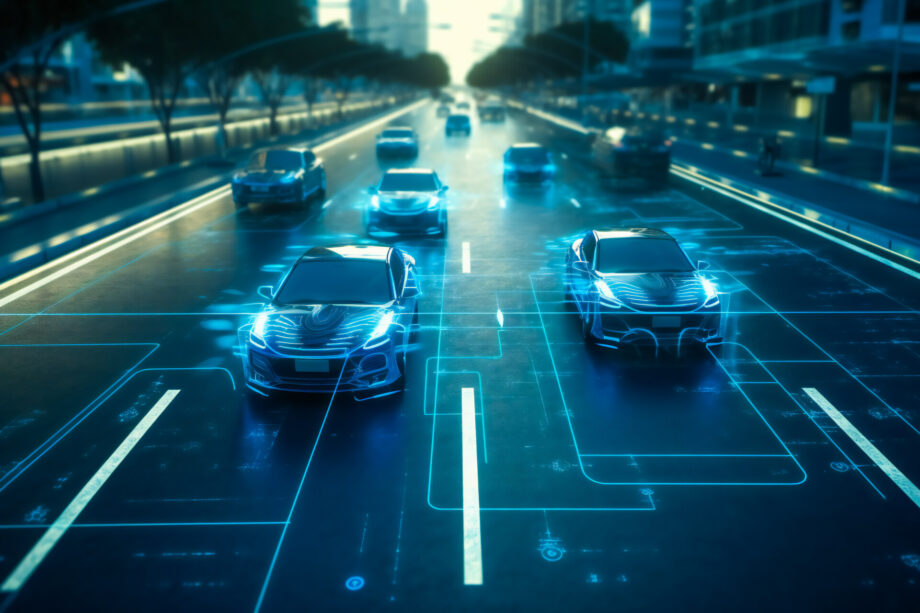
Thanks to supply chain visibility (SCV) technology, we see the entire supply chain and its state at any stage in real-time. It allows for shipment tracking until it reaches its destination, which aids in avoiding disruptions.
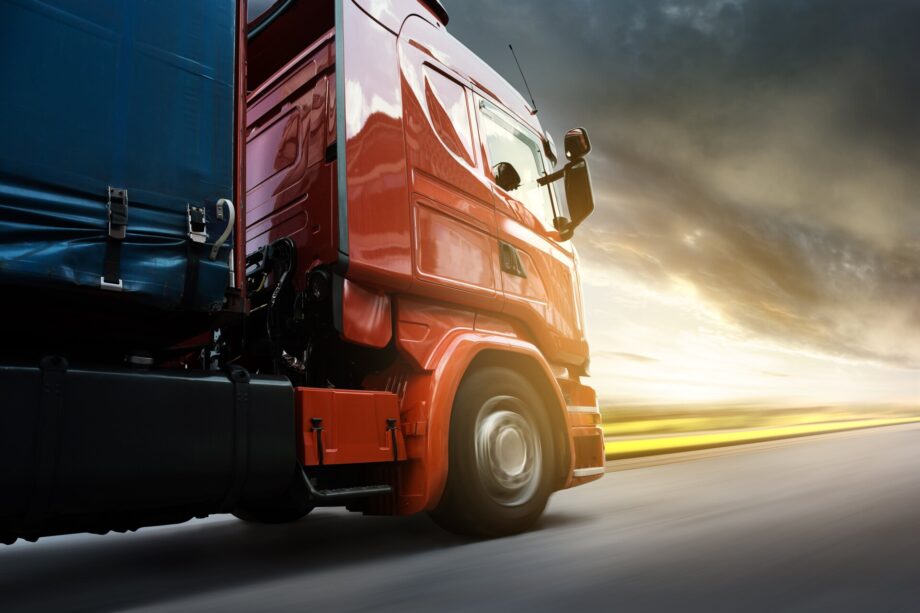
Electrified mobility with reduced emissions will help develop vehicles that will be efficient and more sustainable.
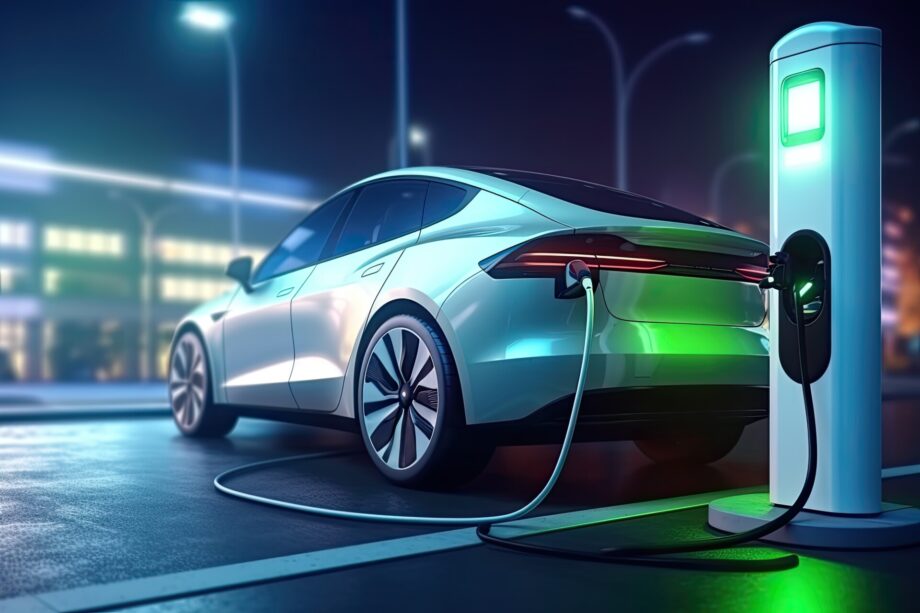
Cloud-based connectivity can help vehicles like trucks, trains, ships, or planes communicate easily and share data about potential disruptions, traffic difficulties and other relevant information explicitly and in real-time.

Our solutions for the logistics industry:


Trusted Business Logic Automation for TSL industry
Here are some other projects we worked on outside our staples:
Technology for information and control
Big data analytics can help manage the flood of data generated by supply chains. Data analysis can provide valuable insights to help make necessary structural changes and optimise processes such as capacity usage. Good analysis also aids in predictions and forecasting, ultimately reducing unnecessary costs.
Demand forecasting technologies use AI and ML to identify complex patterns and trends that the human eye may not easily detect. Qualitative and quantitative analyses help determine the future demand to help reduce waste and costs.
Digital twins in logistics technology can aid in gaining insights into a product’s lifecycle and its exploitation consequences like carbon footprint.
A robust digital infrastructure contributes to secure collection, transmission and storage of all relevant data and information that can be used to enhance distribution and warehouse management.
The role of the Internet of Things (IoT) in a supply chain.
The Internet of Things (IoT) is currently one of the most important fields of technology in the world of logistics, known also as the Industrial Internet of Things (IIoT). It uses smart sensors, actuators and other devices like RFID tags for enhancing and streamlining manufacturing and industrial processes.
IIoT uses intelligent machines, devices, and real-time analytics to take advantage of extensive data. They capture and analyse the data in real-time more efficiently and communicate important information that can drive business decisions.
Connected sensors and actuators allow companies to quickly pick up interferences and problems, saving time and resources on intelligence proceedings. IIoT can improve quality control in manufacturing and create new means to develop sustainable green practices and increase supply chain efficiency. It can enable predictive maintenance, enhanced field service, energy management, and asset tracking in an industrial setting.
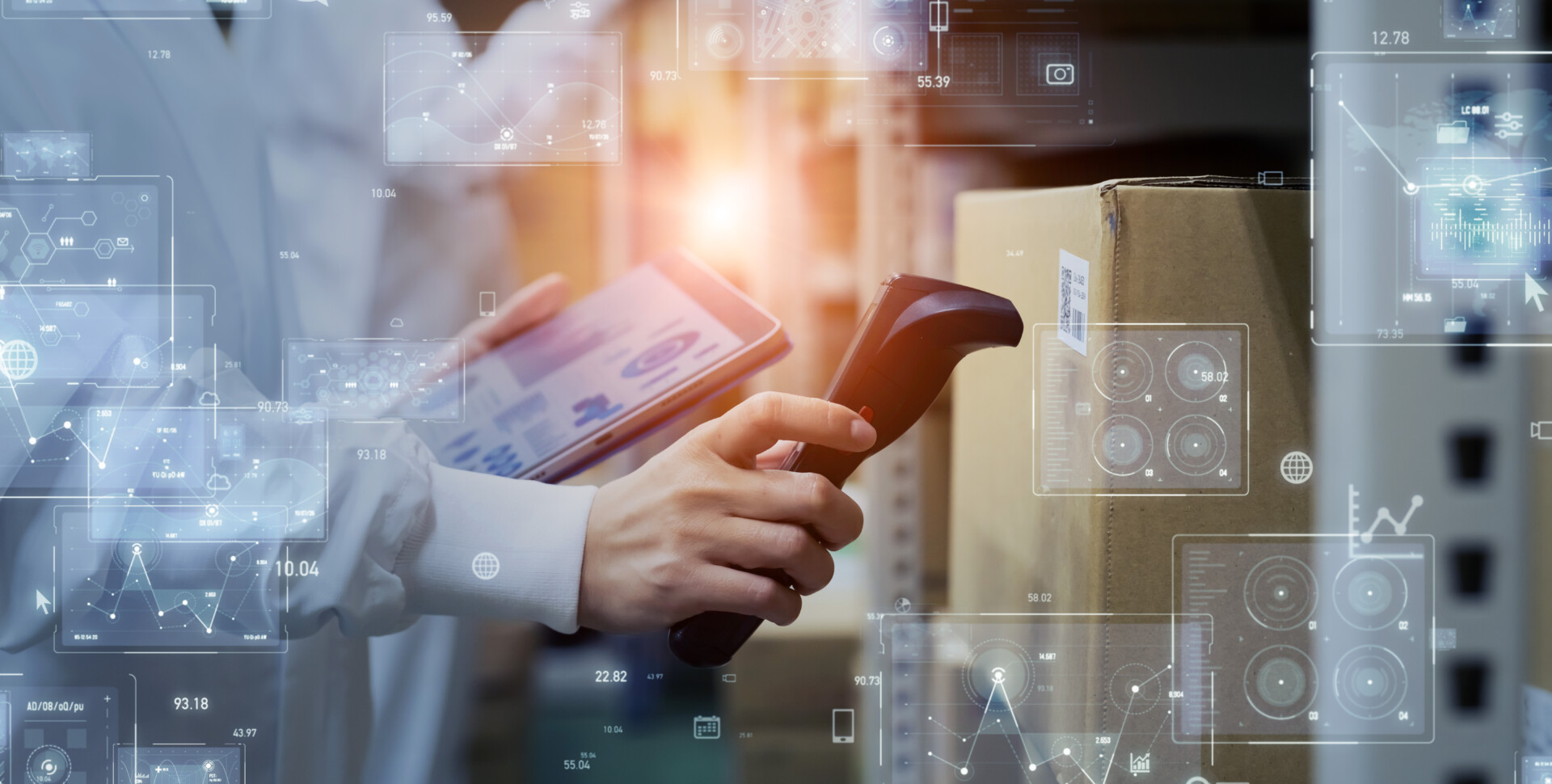
What are the most critical logistics technology trends?

Automation will remain one of the essential technology trends in logistics in the foreseeable future. The popular uses of this technology include:
- Automated picking and sorting systems
- Autonomous guided vehicles
- Robotic palletisers
- Automated picking and packing
- Autonomous vehicles and drones make delivery more efficient
Since ML and AI are perfect for real-time big data analysis, they can be ideal for enhancing supply chain operations, including:
- Identifying patterns and trends to provide insights
- Generating predictions
- Providing valuable insights for improving business operations
- Reducing operation costs
Blockchain has gained traction in the past two decades and strengthens its significance across different sectors. Here’s how it can be utilised in logistics:
- Secure and encrypted data exchange between the parties
- Reducing the risk of data manipulation and unauthorised access
- Utilising smart contracts feature to automate and enforce compliance with predefined rules
- Improving data visibility and reducing paperwork
- Tracking and tracing goods from the supplier to the target destination
AR and VR can provide valuable tools for logistics businesses. They allow for:
- Creating a safe and strictly controlled environment for training
- Remote control of devices in distant locations, enabling experienced operators to utilise their skills without needing to travel
- Specific operations can be performed remotely, reducing emissions and increasing sustainability
- Guiding processes to reduce human error
- Simulating real-world scenarios in safer conditions
Allow us to elevate your business operations.
Remain competitive and enhance your business operations by adopting new technologies and disruptive solutions. Contact us, and let’s discuss your immediate and long-term needs.
Estimate your project.





